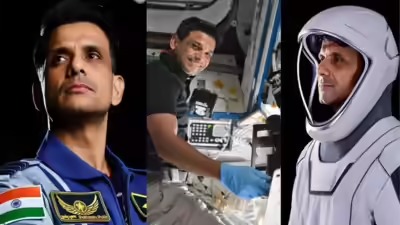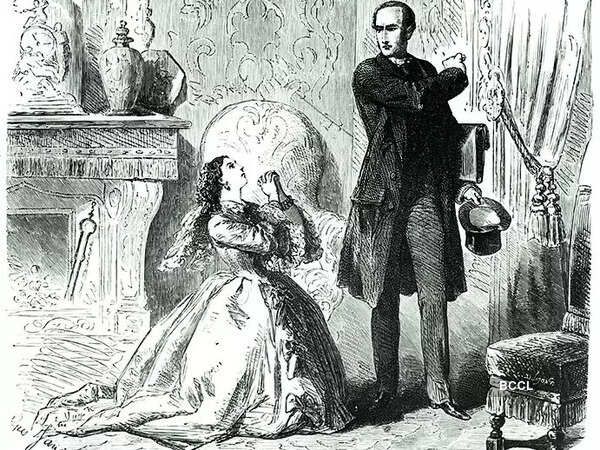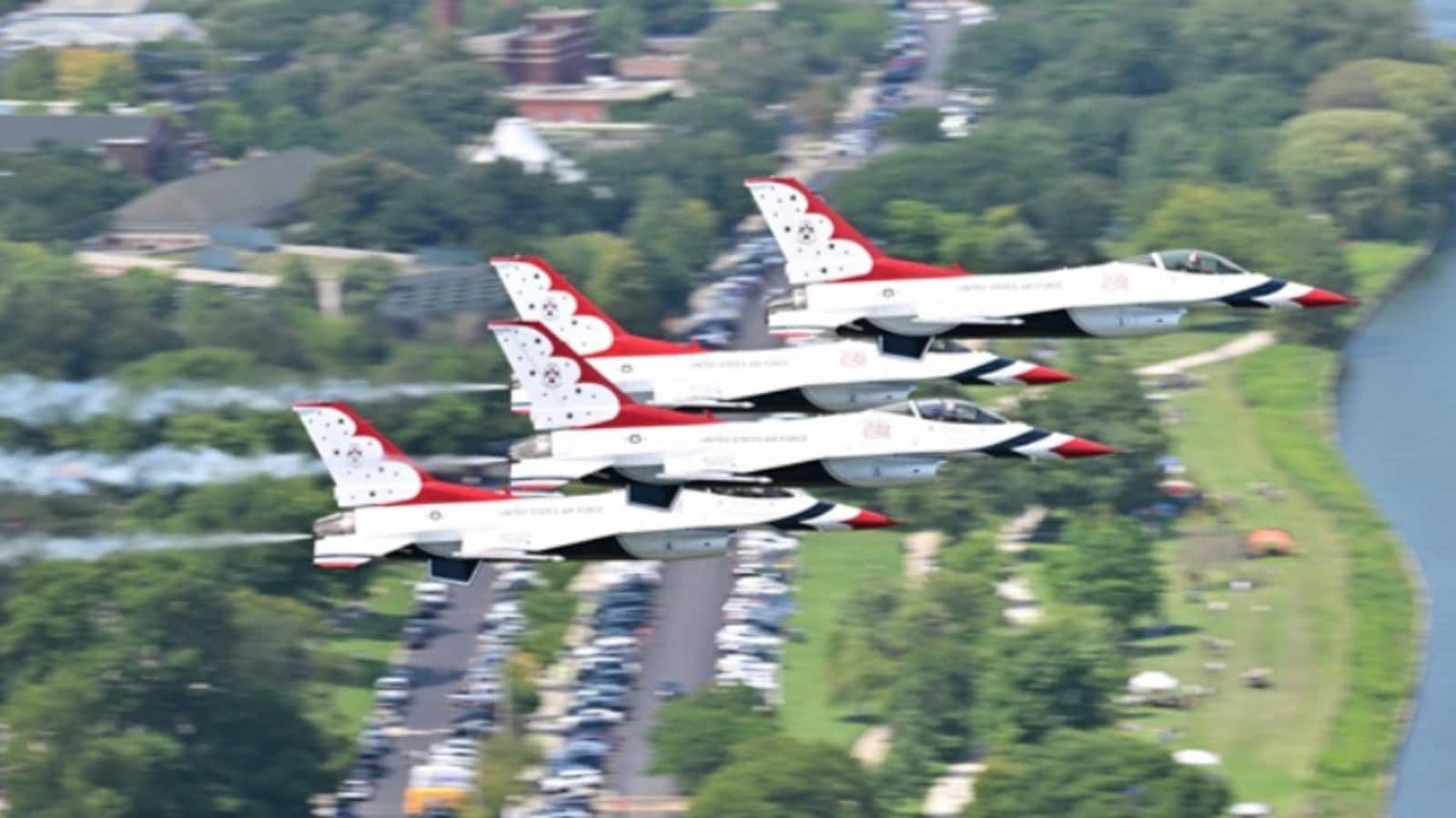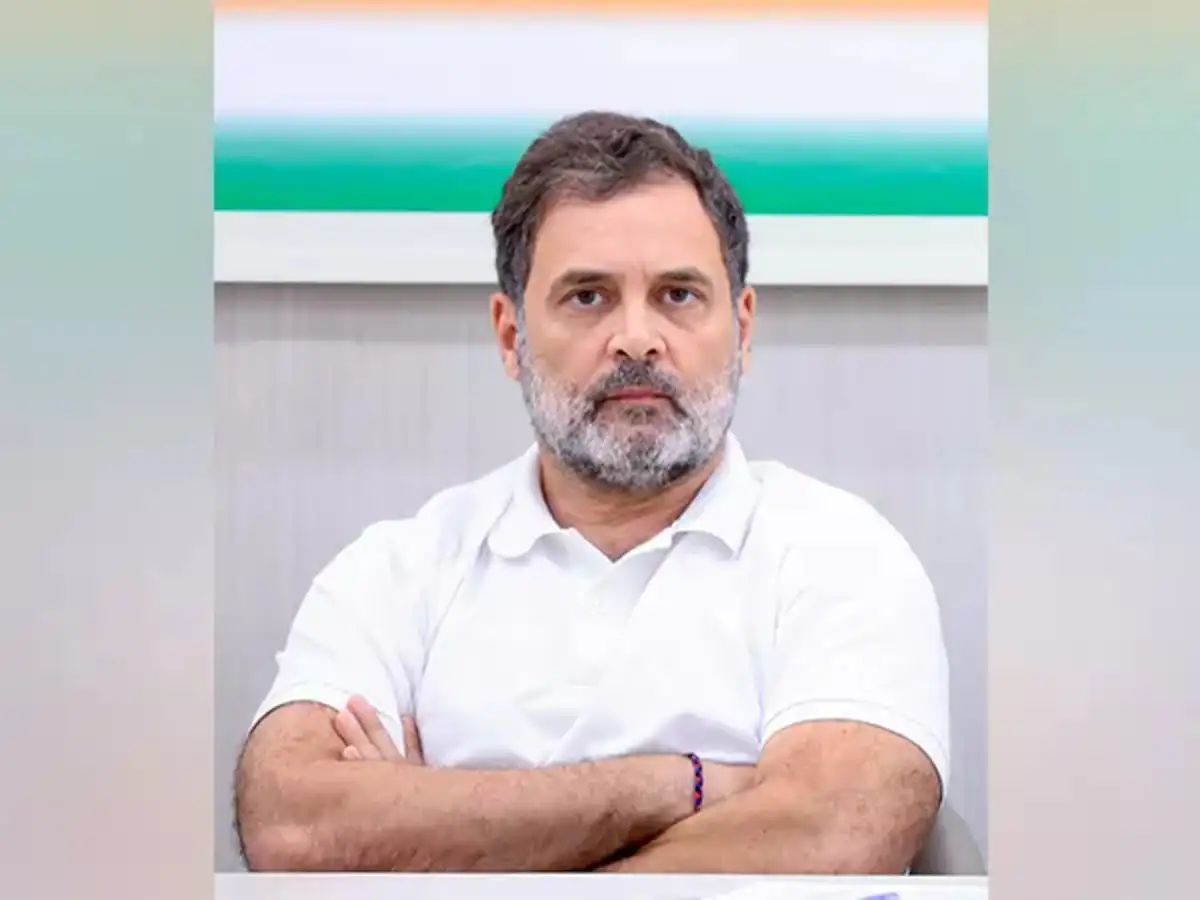
Follow WOWNEWS 24x7 on:

Group Captain Shubhanshu Shukla, India’s first astronaut to set foot on the International Space Station (ISS), is returning to India today, August 16, after completing the landmark Axiom-4 mission. His arrival marks a pivotal moment in India’s space journey, as the nation prepares for its own human spaceflight program under Gaganyaan. Shukla’s return is not just a homecoming—it’s a celebration of scientific achievement, national pride, and the promise of future exploration.
The Axiom-4 mission, conducted in collaboration with NASA, Axiom Space, and other international partners, saw Shukla spend 18 days aboard the ISS, conducting critical experiments and engaging in global outreach. His return is set to be followed by meetings with Prime Minister Narendra Modi and participation in National Space Day events in New Delhi on August 23.
Key Highlights From The Mission And Return
- Shubhanshu Shukla launched aboard SpaceX’s Dragon spacecraft on June 25 and reached the ISS on June 26
- He completed seven India-specific microgravity experiments developed by ISRO and leading research institutions
- The mission involved 282 orbits and covered over 12 million kilometers in space
- Shukla returned to Earth on July 15 and underwent post-flight rehabilitation in the United States
- He is scheduled to meet PM Modi in Delhi before traveling to his hometown of Lucknow
- His return coincides with India’s growing ambitions to launch its own space station and human spaceflight missions
Scientific Contributions And Experiments
During his time aboard the ISS, Shukla conducted a suite of experiments aimed at advancing India’s understanding of microgravity and human spaceflight. These included:
1. Space Microalgae: Studying the growth and radiation response of edible algae
2. Myogenesis: Investigating muscle regeneration with supplement treatments
3. Sprouts: Observing methi and moong growth in microgravity
4. Tardigrade Resilience: Exploring ageing patterns of tardigrades
5. Cognitive Displays: Testing user interface performance in space
6. Cyanobacteria Behavior: Analyzing growth and proteomics in microgravity
7. Seed Physiology: Assessing the impact of spaceflight on crop viability
These experiments were developed by institutions including IISc Bengaluru, ICGEB New Delhi, IIT Dharwad, and IIST Thiruvananthapuram. All samples have been returned for post-flight analysis, with findings expected to inform future missions under Gaganyaan.
Emotional Farewell And National Reception
Before boarding his flight to India, Shukla shared a heartfelt message reflecting on his year-long journey and the bonds formed during training and mission execution. He expressed sadness at leaving behind his international colleagues, but also excitement about reuniting with his family and country.
His father, Shambhu Dayal Shukla, expressed pride and joy at his son’s return, calling it a moment of immense happiness for the family and the nation. Union Minister Jitendra Singh confirmed that Shukla will meet PM Modi and participate in space outreach programs aimed at inspiring young Indians.
India’s Expanding Space Ambitions
Shukla’s mission is a stepping stone toward India’s broader space goals. The Gaganyaan program, with a budget of Rs 20,000 crore, aims to send three astronauts into low Earth orbit using indigenous technology by 2027. India also plans to build its own space station, as announced by PM Modi during his Independence Day address.
Recent milestones such as Chandrayaan-3’s lunar landing and the Aditya-L1 solar mission have positioned India as a rising force in global space exploration. Shukla’s successful mission adds momentum to this trajectory, showcasing India’s capability and commitment to scientific excellence.
Looking Ahead
As Shubhanshu Shukla lands in India, his journey becomes a beacon for aspiring astronauts and scientists. His experiences aboard the ISS will be shared through public engagements, educational outreach, and policy discussions, helping shape the future of India’s space program.
His return is not just a conclusion—it’s the beginning of a new chapter in India’s cosmic quest.
Sources: ISRO, OneIndia, DNA India, Onmanorama, India TV News, Firstpost.



